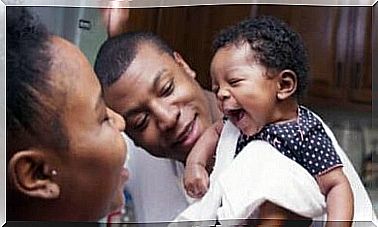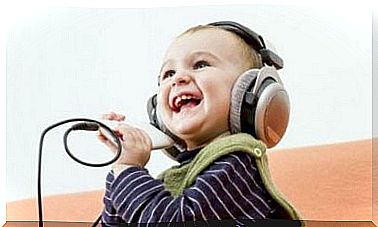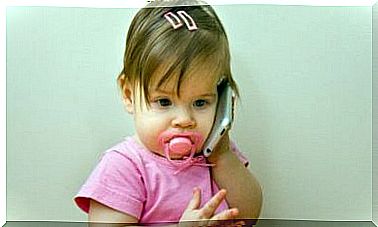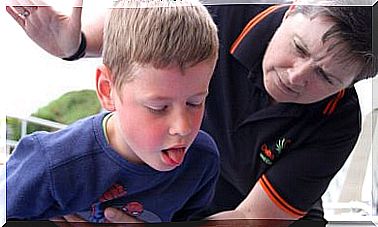Emotional Wounds During Childhood

We carry the emotional wounds we incur during childhood into adulthood. These wounds feel as if we just sustained them recently. Once a child has learned to behave, react and think a certain way, it will be difficult to change this.
According to psychological studies, there are common emotional wounds from childhood that affect our outlook on life.
It does not matter whether this fear is justified or not. It is based on the fear of social rejection. It may be related to fear of losing the protection of a loved one. A child who is afraid of rejection will grow up with that fear. As a result, he or she will later have little self-confidence and love for themselves. These people tend later in life to adjust their own opinions to the criteria of others.
This is the fear of being separated from the parents. Feelings of loneliness and abandonment during childhood can result in a fearful and unloving adult. can also lead to insecure and submissive adults.
Being humiliated by family or socializing can cause emotional wounds. This occurs when someone’s qualities are minimized and that person is laughed at. Criticism and disapproval can cause a person to become shy, unhappy or, on the contrary, tyrannical and ruthless.
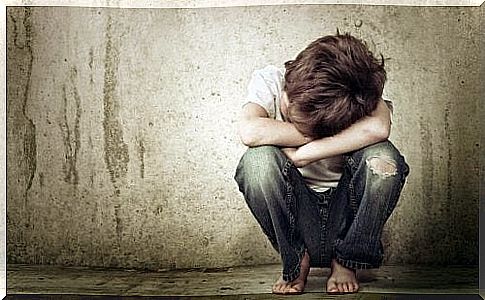
Falling victim to false expectations or inappropriate reprimands can leave a child feeling insecure and unreliable. As an adult, that person may then become negative and pessimistic. Sometimes they choose to unnecessarily criticize everything around them.
A child’s expectations don’t materialize when adults don’t keep their promises. A child hurt in this way can become unreliable and antisocial.
In addition to the types of emotional wounds listed above, there are two more that are common.
We believe that lack is one of the worst emotional wounds. Anyone who grows up without love is destined to be unhappy.
Love is just as important as food, hygiene and the prevention of disease. Like the rest of the body, the brain needs to be stimulated and given everything it needs.
Children who receive too little love are more susceptible to certain diseases. Their physical development can also be slowed down and it can lead to behavioral disorders. In addition, they can get stressed and have a hard time getting along with others.
A lack of love in childhood is one of the emotional wounds that lead to cold and numb adults. These are adults who have very little empathy and struggle to experience love.
Emotional neglect is another one of the emotional wounds that continues into adulthood.
Children who do not receive enough tenderness from their parents grow up with an empty feeling. They feel unappreciated.
Emotional neglect occurs when parents are both physically and spiritually distant. This can be due to a lack of time or a lack of affinity.
This emotional wound is considered a form of child abuse. Like a lack of love, this can traumatize a growing child. Sometimes this is a wound that leads to depression and chronic melancholy.
To avoid causing emotional wounds to your children, we recommend that you:
- Spending more time on their education and giving them more attention. Don’t burden anyone else with this task.
- Talk to them about topics that interest them. Ask for their views and try to answer their questions.
- Never compare your child with other children. If you want your children to achieve the same grades as others, you must encourage them to study.
- Discuss their fears instead of minimizing them.
- Reward, praise and applaud the things they achieve. This will help them build more confidence.
- Spend enough time with them. You can also enlist the help of a specialist to help you cope with the loss of a loved one, a divorce, and the truth of their parentage (in the case of a ).
There are many things that can come in handy. However, a close family is the best way not to cause emotional wounds to children.
